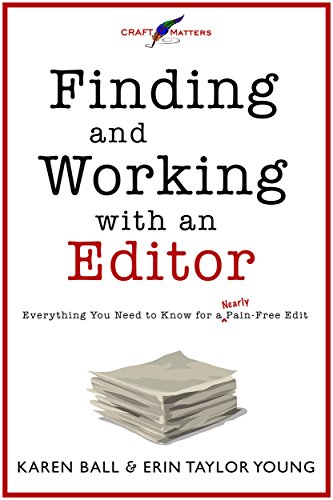Have you ever attended a conference workshop that really seemed like a snooze? It happens to the best of participants and the best of instructors. While the hope is every class will have chemistry, sometimes there just isn’t any.
But you can help!
I’ve talked at conferences and paused with, “Does anyone have any questions?” But I met with crickets. Well, actually, singing insects would have been a welcome alternative to silence and given me something to talk about. I might like to think I’m an awesome workshop leader, but I know I don’t cover every aspect of a topic in full every time.
Don’t let this happen to your instructor! Help!
Know Why You Chose that Workshop
Most medium-to-large-sized conferences have many workshop selections per time slot. In fact, I often overhear conferees say, “I don’t know which workshop to choose! They’re all wonderful!”
Think about the workshops and what you hope to learn and accomplish. You can even ask your agent for suggestions. Then be ready to absorb the knowledge imparted.
Participate
Some workshops include exercises such as writing an opening paragraph. Please be ready to share your work, because if the teacher planned that exercise as part of the class, it’s for your benefit. It can be scary to put your classwork out there in front of a group but it’s also part of being a writer. Don’t be afraid.
Ask Questions
Don’t be shy! I realize some might be reluctant to appear “stupid” in front of a room of other writers. I understand the desire not to make a “mistake” in front of a crowd. But you are not dumb, and no question is stupid. If you ask a question, I’ll speculate that at least one other person wonders the same thing, and is glad you asked!
Connect
Most of the time, the teachers are available to chat after class. Take this chance to connect!
Your turn:
What workshop topics do you enjoy?
How have workshops helped you improve your craft?











